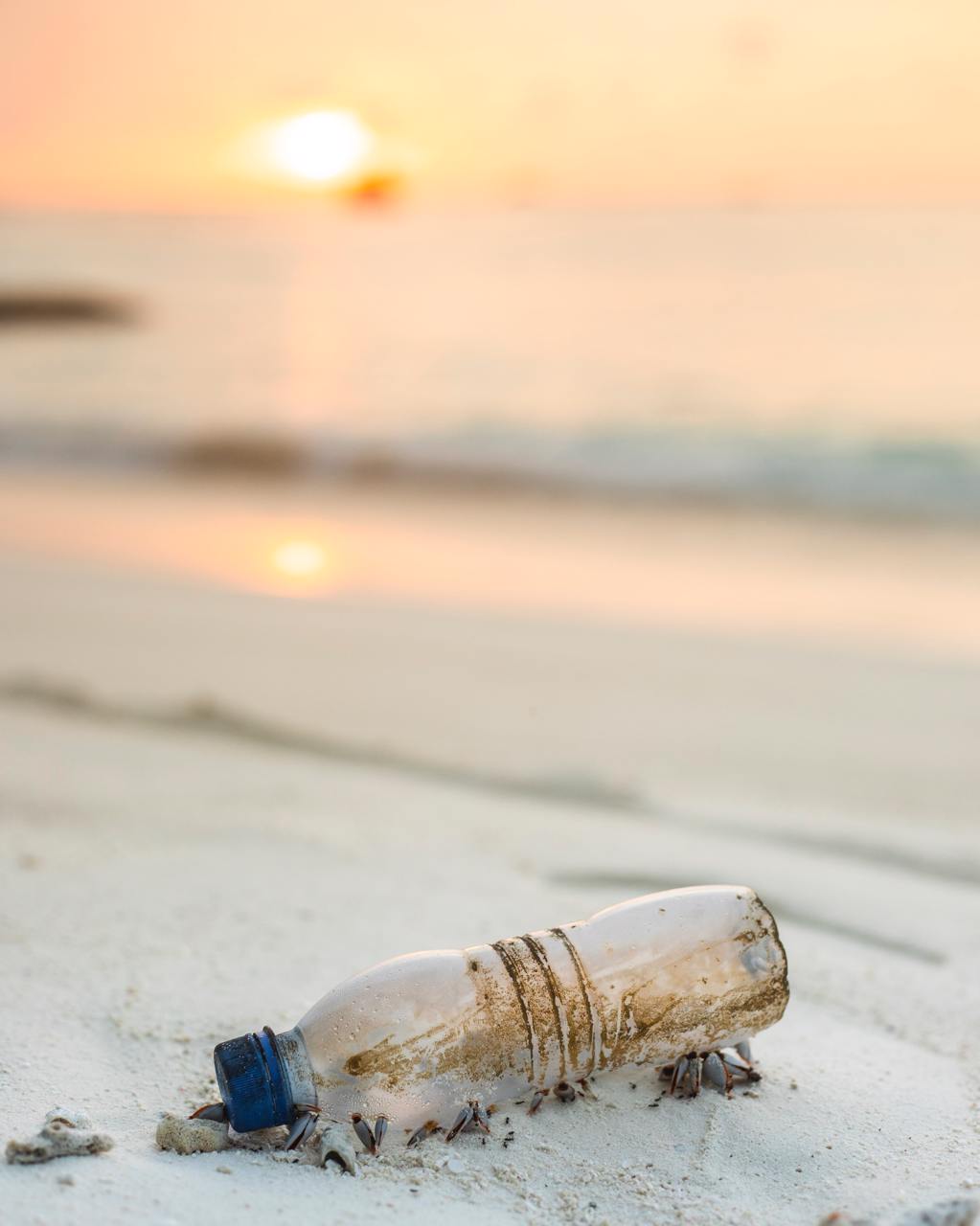
Approach to Climate Change: Stop Making so Much Plastic!
The Statistics
8 million metric tons - that’s the amount of plastic waste that enters the world’s oceans each year which is the equivalent of a full garbage truck every minute *
At that rate, the amount of plastics discharged into the ocean could reach up to 53 million metric tons per year by 2030, or roughly half of the total weight of fish caught from the ocean annually!
The Problem & Immediate Actions
Plastic waste is an environmental and social crisis that every country needs to address. Plastic is part of everyday life particularly due to its durability and availability (which leads to convenience). Recently in 2021/2022, many Australian states have implemented various measures in this regard - including ban on single-use plastics like cutlery, straws, takeaway containers and shopping bags.
Australian states are drawing plans to identify and prioritize actions, at every step in the supply chain, to help reduce plastic waste and reduce the amount of plastic in and entering the environment. This would ensure long-term change at every step of the plastic supply chain - from source to sea. One of the main driving agenda behind is to stop making so much plastic—especially plastic materials that are not reusable or practically recyclable.
When we reduce plastics production, there are less air toxins and greenhouse gases.
Our Role
In line with "Recycle-Reduce-Reuse" philosophy (and in this case particularly 'reduce'), we continually endeavour to action on the following:
- use sustainable and non-plastic raw materials for our products e.g. Our popular watering jug is metal based and would last longer than cheap plastic alternatives

- abstain from plastic packaging e.g. a good substitute for bubble wrap is hexa paper wrap which keeps our items safe during transit
- raise public awareness on this issue and provide them with alternatives or solutions
- recycle soft plastics in our premises like bread wraps, biscuit packaging, etc. REDcycle bins are accessible in many supermarkets and grocery stores for this purpose.
- abstain from disposable plastic products like coffee cups
Conclusion
With time running out everyday before we can make significant change towards climate change, it is essential that all of us take collective and individual actions to address the various aspects that can affect all of our lives and those of future generations. If you have any feedback or comment to share with us, please feel free to contact us using our "Contact Us" form.
Appendix
* Source: report from the National Academies of Sciences
